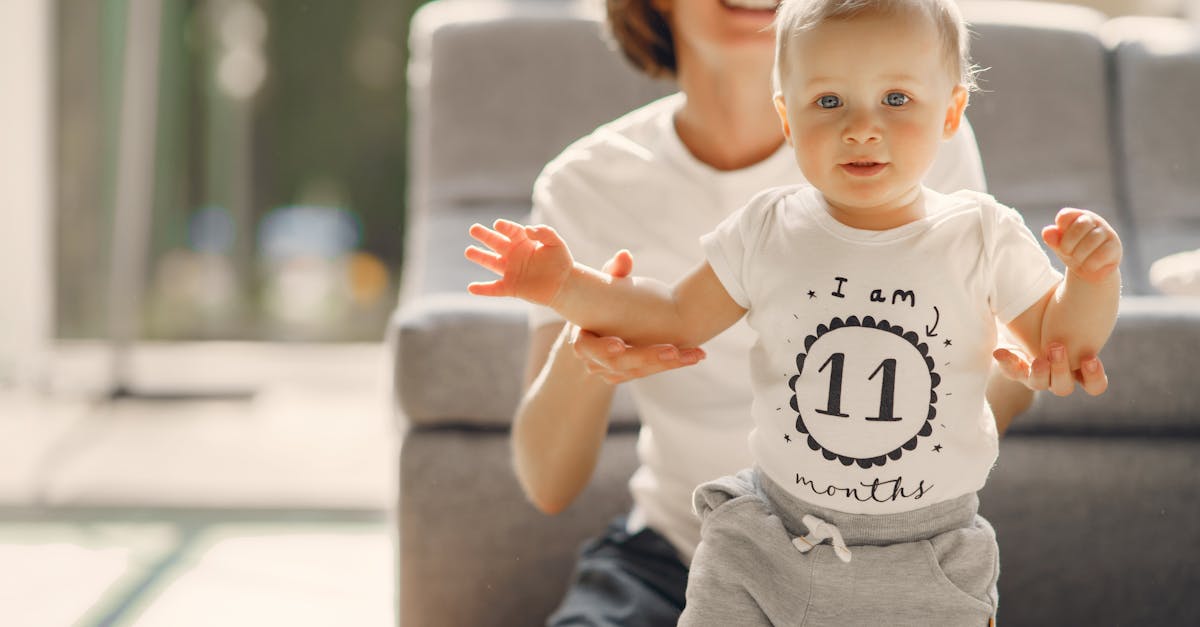Why Play Matters: The Foundation of Toddler Development
Play is more than just fun; it’s integral to toddler development. Through play, toddlers learn essential skills like problem-solving, creativity, and emotional regulation. It’s the foundation of how they interact with the world. Consider playtime as a toddler’s classroom – it’s where they explore their environment and make sense of new experiences. With every game, they’re learning something new.

Play is crucial for toddlers as it aids in cognitive development and social skills. It fosters imagination and helps them understand cause and effect. Physical play contributes to their motor skills, while pretend play enhances their language development.
Parents and caregivers play a vital role in facilitating playtime for toddlers. Providing a safe and stimulating environment with a variety of toys can promote learning through play. Engaging in interactive play with toddlers can also strengthen the bond between the child and the caregiver.
Types of Play and Their Benefits
There are many types of play, each offering unique benefits. Creative play, like drawing and building blocks, enhances cognitive skills. Physical play, like running and jumping, boosts motor skills and physical health. Social play, such as interactive games with peers, promotes social development. Together, these play forms create a balanced growth environment for your toddler.

Summary: Different types of play have various advantages for children’s development. While creative play enhances cognitive skills, physical play boosts motor skills and social play contributes to social development, providing a comprehensive growth environment for toddlers.
Creating a Safe and Stimulating Play Environment
A stimulating play environment doesn’t have to be extravagant. Think safe, engaging, and adaptable. Create dedicated play spaces with easy access to a variety of toys, from puzzles to soft blocks. Childproofing the area and opting for non-toxic materials ensures safety. A mix of indoor and outdoor play spaces offers diverse learning opportunities and keeps playtime exciting.
 **Remember, simplicity and safety are key in creating an enriching play environment.**
**Remember, simplicity and safety are key in creating an enriching play environment.**
Parent-Child Playtime: Strengthening Bonds
Playing with your toddler is a fantastic way to strengthen your bond. It’s a chance for you to enter their world, understand their interests, and build trust. Opt for interactive games that require cooperation and communication. This nurtures your relationship and models positive social behavior. Plus, it’s just plain fun!

Common Playtime Challenges: Navigating Emotional Hurdles
Playtime isn’t always smooth sailing. Toddlers can experience frustration, boredom, or overstimulation. It’s essential to be present and observant to help navigate these challenges effectively.
If your toddler gets upset during playtime, it’s crucial to remain calm and guide them through their emotions. Encouraging them to articulate their feelings not only helps in the moment but also teaches valuable emotional regulation skills for the future.

Remember, each playtime hurdle is an opportunity for growth and learning for both you and your child.
Encouraging Independent Play: Building Confidence
While playing with your toddler is important, encouraging independent play is equally beneficial. It fosters confidence and self-reliance. Start with short periods, gradually increasing as they become comfortable. Provide toys that stimulate imagination and problem-solving. This encourages your toddler to explore and enjoy their own company while developing autonomy.

